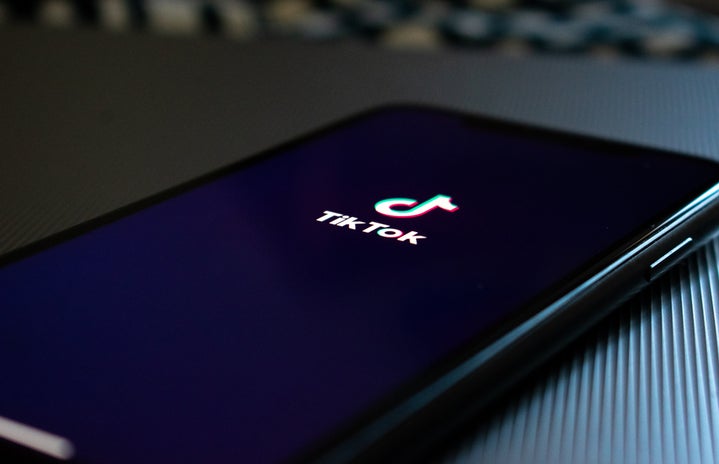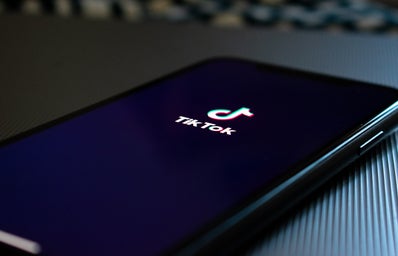Within three years, Lizzy McAlpine has transformed herself from a relatively unknown folk-pop singer into a household name. However, her most recent boost in fame isn’t due to a traditional album release or new single—it’s because of a sped up, 32-second long snippet from her song “ceilings” that went viral on Tik Tok in January.
Among the 19.5 thousand videos made to the Tik Tok sound are people melodramatically lip syncing and reflections on the song’s heartbreaking lyrics, with some videos racking up over 100 thousand likes. McAlpine herself filmed a video of her lip syncing to the song and has commented supportive “I love yous” on some of the more viral videos.
The untraditional reasoning for McAlpine’s boost in fame has yielded nuanced reactions. Fans that have supported McAlpine for longer have posted about the need to recognize McAlpine’s work beyond solely singing along to an edited Tik Tok sound. One video references the need for new fans to venture further into McAlpine’s discography and listen to the song “doomsday.” One even received a comment from McAlpine herself, the artist playfully wrote “yas.”
Others have expressed frustration with the inauthentic nature of solely listening to McAlpine’s work through the medium of Tik Tok. One user commented on the same video referencing “doomsday,” writing, “I’m so tired of people finding her music out of the context of the album.”
Some fans referenced a desire to “gatekeep” McAlpine’s work as they find the emotional power of her music in its raw genuinity. One user commented, “There has never been an artist who has made me violently sob and rethink all of my life experiences while I’m in bed, on a walk, during breakfast – like her.”
Between fans and McAlpine herself, the desire to protect the integrity of the artist’s music from the grips of demanding Tik Tok users isn’t new. McAlpine went viral and received two million likes on Tik Tok in 2020 for her song “You Ruined the 1975.” Three years later, users have continued to demand for the song’s release. In early 2022, McAlpine responded to one user’s request to “c’mon, just finish it” with a simple “no,” standing firmly in her wish to safeguard her artistry from the pressure of the internet.
“I am not releasing that song, ever… I don’t want to release something that I don’t like. That feels weird to me, that feels inauthentic, and that is not who I am as an artist,” McAlpine stated in a Tik Tok video posted in September 2022.
While McAlpine’s recent rise is largely due to her newfound virality on Tik Tok, McAlpine has specifically made consistent statements to prevent the app from entirely defining her career. After all, besides viral snippets that have spread across the social media platform, McAlpine has written multiple albums and EPs. In July 2022 McAlpine tweeted, “I am not a ‘Tik Tok sensation.” [Please] for the love of god can we stop with that?”
Beyond “ceilings,” fans can expect to see McAlpine perform a variety of her songs during her headliner tour this spring, with performances in Washington, DC toward the end of April. With McAlpine’s career unlikely to stop blossoming any time soon, Tik Tok is sure to continue impacting the nature of her fame and artistry. The app’s effect on the rise of modern musicians like McAlpine is sure to reveal a telling narrative regarding social media’s impact on authentic music.


